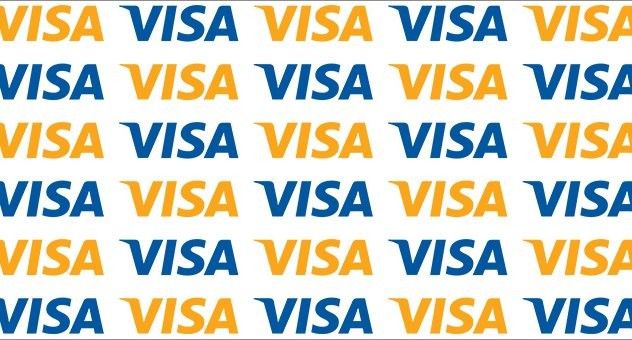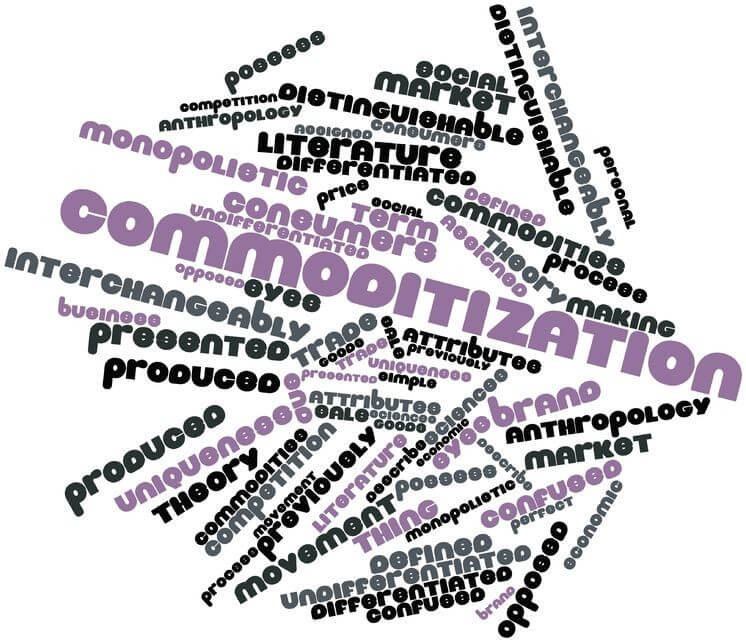There are a number of companies advertising simple, flat-rate pricing. Many times it’s neither simple nor flat.
This pricing model gambles on the kinds of cards a business is accepting. One popular “flat-rate pricing” company advertises a simple “2.75%” per swipe. That sounds great, right? Well, not really. Because every card classification has a different interchange rate, these kinds of companies are banking on the fact that you’re going to be accepting cards that cost them significantly less than what they charge you. For example, flat-rate pricing companies LOVE debit cards. Why? Because regulated debit cards have an interchange rate of .05%. So when they charge you 2.75%, there’s potentially a LOT of profit for them on that transaction depending on the size of the ticket (because you have to factor in the $.22 interchange transaction cost).
That means that flat-rate pricing companies LOVE quick service restaurants, delis, coffee shops, etc because their average tickets lend themselves to people paying with inexpensive debit cards as opposed to expensive corporate rewards cards, which in turn means more profit for them.
If you owned a widget store and your widgets cost you $1, what would happen to your business if you continually sold your widgets for 50 cents? Well, you’d go out of business, obviously. It doesn’t take an MBA to figure out that’s not a good idea. That’s essentially what happens to flat-rate pricing companies when their clients start accepting tons of expensive credits cards like American Express or Corporate/Rewards Cards. If they’re charging you 2.75% but it’s costing them 2.95%, they cannot sustain themselves. So what happens? Many companies will terminate your agreement and no longer allow you to process. I’m dealing with a potential client who’s going through that right now. He owns a couple stores and all of a sudden none of them can process because a well-known flat-rate pricing company simply cut them off. How much business do you think they lost when their customers came in and found out they couldn’t pay with their cards?
Wells Fargo is notorious for using their E.R.R. (Enhanced Rate Recovery) pricing model in which they pitch flat-rate pricing, but the following month they surcharge the merchant for all of the cards that exceeded their flat-rate with a penalty. I have a client who switched to my services because Wells Fargo quoted him 2.41% flat-rate pricing, but that only lasted the first month. After that they started surcharging him for the previous month, and his effective rate ended up being 4.22%.
Credit card processing, like many things in life, follows a simple rule: if it sounds to good to be true, it probably is. Make sure you always demand interchange+ (also known as pass-through pricing) from your merchant services provider. It’s the most transparent and reliable pricing model on the market.






